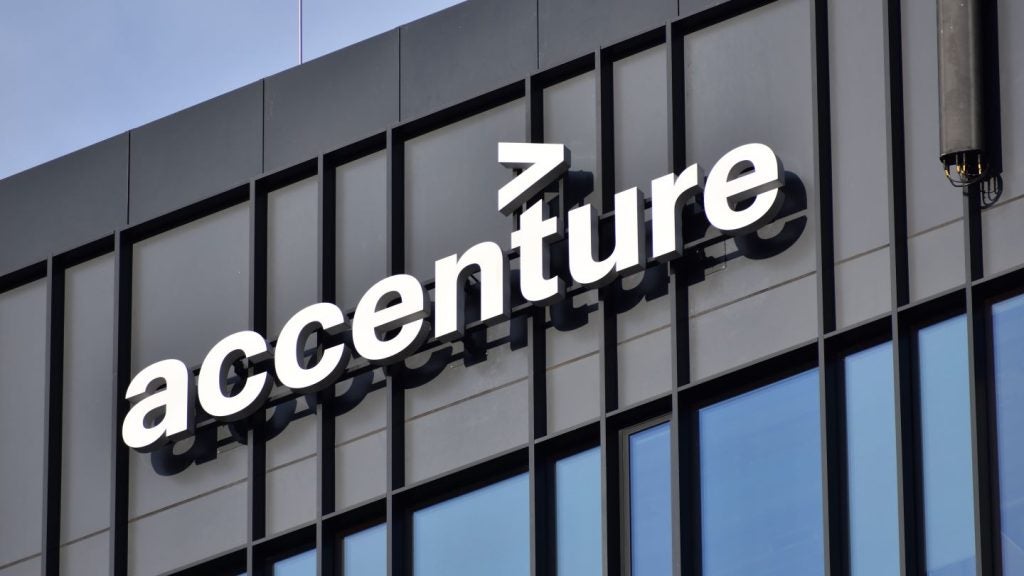UK’s surprise general election next month is heaping uncertainty on top of a political situation already fraught with doubt.
For the food and drink industry fresh questions have sprung up around the UK’s future access to the European Single Market, action on wages, and business rates.
Here’s a brief overview of how the election period will shape these issues, and what players in the sector should look out for.
1. The Living Wage – pressure will grow to increase minimum wage, hitting farmers, retailers, and restaurants hardest
Proponents of the living wage claim that the minimum wage needs to be increased to better reflect the wage people need to live on.
According to the Living Wage Foundation, the minimum wage should be set at £8.45 per hour across the UK and £9.75 per hour in London, compared to the current rate of £7.50 per hour for over-25s and £7.05 for under-25s.
The living wage is popular among many voters, and is likely to be a major issue in during campaigning.
Chancellor Philip Hammond has previously said he hopes to give a big boost to the so-called National Living Wage, masterminded by his predecessor George Osborne, in a bid to get it to £9 by 2020.
The official National Living Wage — not to be confused with what the Living Wage Foundation suggests — is to rise to £7.50 an hour from April this year, in line with Hammond’s Autumn Statement and Spring Budget announcement.
However, any increase in minimum wages will strongly impact the agricultural industry, retailers, and restaurant industry, who employ large numbers of low wage and part time workers.
Food and drink companies need to start factoring in increased staffing costs to their plans.
2. Brexit – votes for a softer Brexit could mean UK access to European markets and labour
Pollsters expect the election to yield an increased Conservative majority.
This will strengthen prime minister Theresa May’s hand by making her less beholden to the so-called hard Brexit wing of her party. A hard Brexit means the UK will leave the EU and have to renegotiate access to the EU’s Single Market after Brexit.
If May gets her increased majority, easier access to the European market could be maintained, and a less restrictive immigration regime implemented.
Both these issues are crucial to the future profitability of consumer goods companies.
A strong showing for other staunchly pro-European parties, such as the Scottish National Party (SNP) and the Liberal Democrats, could also drive a soft Brexit.
However, should the SNP replicate its strong performance in Scotland in 2015, pressure will grow for a second Scottish independence referendum.
While easier access to European markets could be salvaged, food and drink companies may instead find themselves planning on how to deal with an independent Scotland.
3. Business Rates – under the radar, but potential relief for small and medium food and drink companies
While debate around business rates will get few headlines in the press, this debate will have an outsized impact on the food and beverage industry.
Despite pressure from business bodies such as the Federation of Small Businesses, business rates increased in April of this year.
Increased business rates can be a major hindrance to the development of small food and drink companies, who are often leaders when it comes to innovation, identifying the next trending ingredients, and creating new opportunities for people to splash out.
While the British economy has been resilient since 2016’s vote to leave the EU, many economists expect the impact of leaving the EU to limit economic growth in future.
Should this happen, pressure will become overwhelming to ease the taxation burden on businesses, particularly small and medium enterprises.







